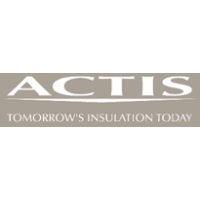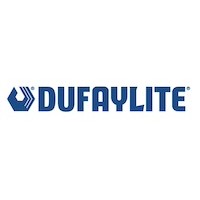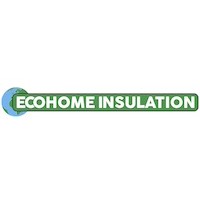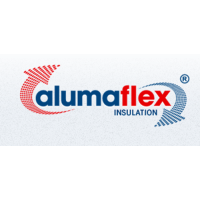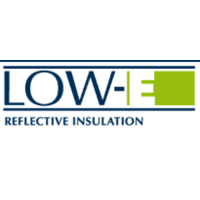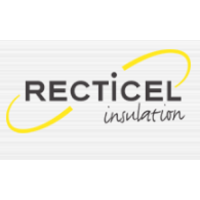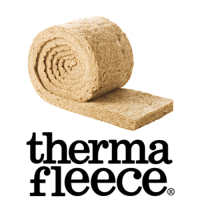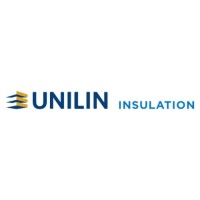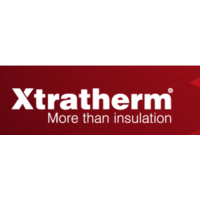Fighting Respiratory Health Issues with Home Insulation
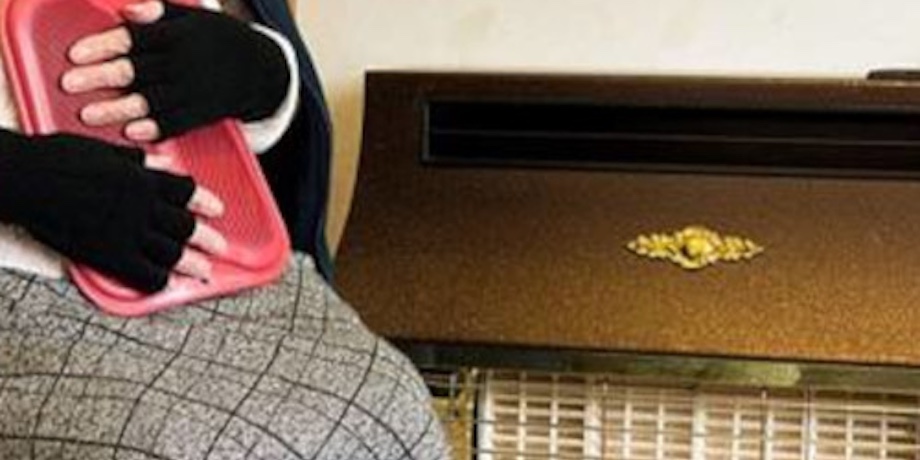
Tackling Respiratory Health Issues through Home Insulation: UK Public Concerns over the Consequences of Cold Homes
The impact of cold and poorly insulated homes goes beyond mere discomfort; it poses significant health risks, with respiratory issues being a primary concern. For many in the UK, the connection between inadequate heating and serious respiratory conditions is becoming increasingly evident.
A recent report by the UK environmental organisation Friends of the Earth has highlighted alarming findings regarding the prevalence of respiratory health problems linked to under-heated homes. The study reveals that the number of people admitted to hospitals with chronic respiratory issues has surged by 40% over the past five years. This rise is particularly concerning when compared with Sweden, a country with a similar climate but significantly better health outcomes in this area. The study also shows that asthma admissions in UK hospitals are a staggering 126% higher than in Sweden, while pneumonia-related hospital stays are 27% higher.
These figures underscore the urgent need to address the root cause of these health issues: the inadequate insulation of UK homes. Sophie Neuberg from Friends of the Earth emphasised this point, stating, "The key to solving this crisis is better housing. Sweden's homes are well-insulated, and the nation benefits from much lower levels of fuel poverty than the UK."
The report notes that millions of UK households are living in conditions that are detrimental to their health due to poor insulation and inadequate heating. The situation is particularly alarming when compared to countries like Sweden, where better insulation standards have led to lower rates of fuel poverty and related health issues.
These health impacts are not only limited to respiratory problems but also extend to mental health, with cold homes increasing the risk of anxiety, depression, and other mental health conditions. The need for a comprehensive insulation programme has been emphasized as a crucial step to address these ongoing issues and improve public health in the UK.
Improving home insulation is critical not only to prevent health issues but also as a means of combating fuel poverty—a persistent issue in the UK. Effective insulation can significantly enhance a home’s energy efficiency, leading to lower energy consumption and, crucially, a reduction in respiratory illness among vulnerable populations, such as the elderly or those with chronic health conditions.
While much of the focus has been on cavity wall and loft insulation, it is essential to consider the entire building envelope. Floors, basements, and garages all require adequate insulation to prevent heat loss. Even minor improvements, such as sealing draughts, can have a substantial impact. Ensuring that homes are airtight and well-insulated is a key step towards not only improving public health but also in creating a more energy-efficient and sustainable living environment.
In conclusion, addressing the issue of cold homes in the UK is not merely a matter of comfort—it is a pressing public health concern. By prioritising better insulation, the UK can make strides in reducing fuel poverty, cutting energy bills, and, most importantly, safeguarding the health of its citizens.
Moreover, the broader impact of cold homes extends beyond respiratory health. The stress and discomfort caused by living in such environments are linked to worsening mental health outcomes, including higher rates of anxiety and depression. This multifaceted health crisis not only strains the NHS but also represents a significant economic burden, with the cost of treating illnesses related to cold homes running into billions of pounds annually (UCL) (Friends of the Earth).
The connection between these two reports underscores the urgent need for a national strategy to improve home insulation across the UK. By addressing the root causes of fuel poverty and inadequate housing, such a strategy could mitigate the health risks associated with cold homes, reduce hospital admissions, and enhance overall public health. Advocates argue that this approach would not only be a moral imperative but also make economic and environmental sense, helping the UK meet its climate commitments while protecting its most vulnerable citizens (National Energy Action (NEA)).
Compare different insulation products and pick the best one from our wide selection insulation materials for your home improvement project, or seek advice from our experts through live chat.

